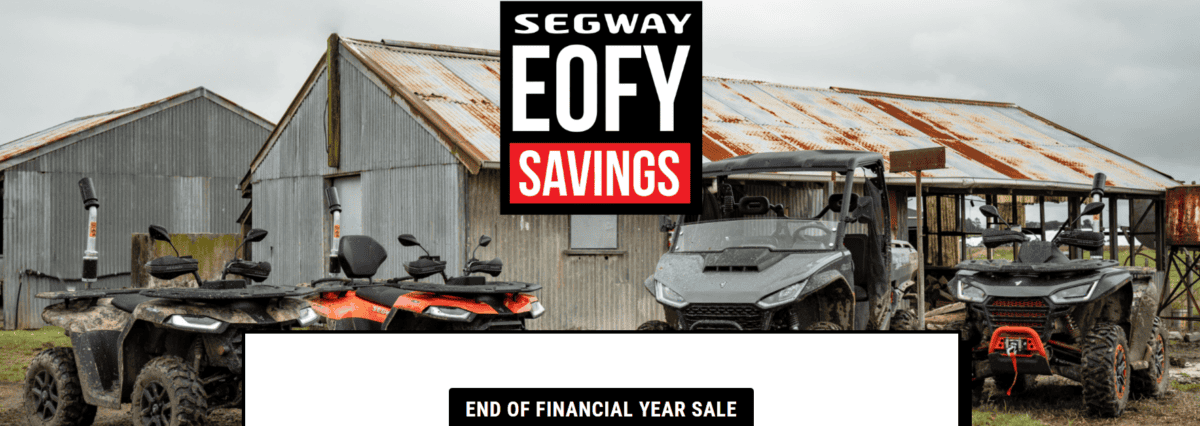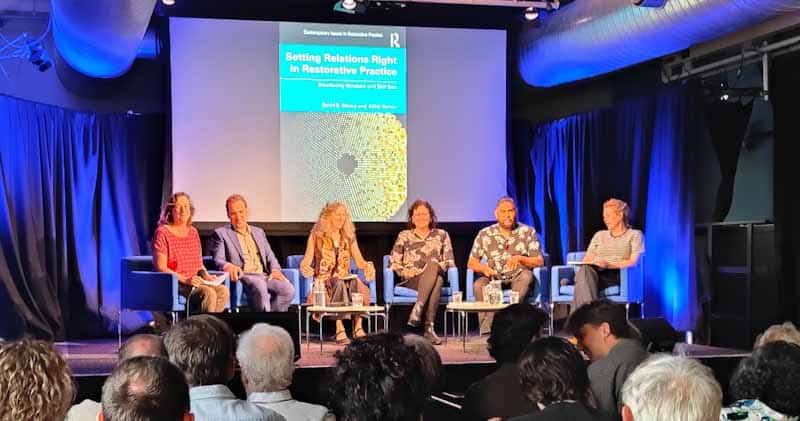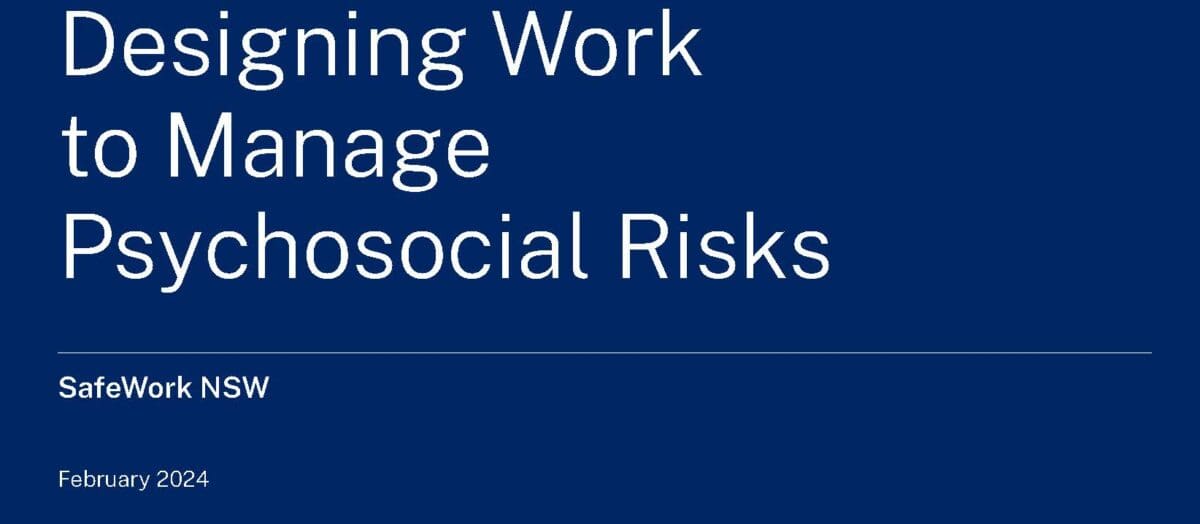It is reasonable to claim that the quad bike safety controversy has been resolved in Australia through the intervention of the Australian Competition and Consumer Commission (ACCC) and the imposition of a national safety standard. However, the occupational health and safety (OHS) message continues to be murkier than necessary when quad bikes are advertised in some of the agricultural media without critical safety devices.
Category: safety culture
The fluctuating grey zone of compliance
The occupational health and safety (OHS) profession operates within the legislative context of “so far as is reasonably practicable“, that band of compliance, that non-prescriptive, performance-based flexibility offered to employers to encourage them to provide safe and healthy workplaces. It could be said that OHS was easier forty years ago because the compliance band was thinner, and in some cases, compliance was determined by specialist OHS inspectors on the day of the visit.
Today, that compliance band fluctuates and can be affected by community values and expectations, as shown in a recent discussion about sexual harassment at Australia’s Fair Work Commission.
Is Business really a punching bag?
Occupational health and safety (OHS) cannot afford to be anti-business. No business = no jobs = no need for OHS. And business groups should not be anti-OHS, yet it often feels that they are. A recent opinion piece by Bran Black of the Business Council of Australia argues that the success of businesses in Australia is central the economy. This is typical of the type of articles that appear in the business-friendly media as part of “soft” lobbying of the federal government prior to the May Budget.
Applicability of Restorative Practices to all workplaces
Last week, a book called Setting Relations Right in Restorative Practice by David B Moore and Alikki Vernon (pictured above, second and third from the left, respectively) was published. The launch seemed full of the authors’ friends and colleagues, as well as social workers. Although Restorative Justice has been applied a little bit to resolve workplace conflicts, the discussion was dominated by examples in youth detention, correctional facilities, health care and public sector organisations. These are important industries, but what about the private sector in which most people work?
I asked the authors for some perspectives on workplaces outside of the types already discussed?
Below is the response from Moore and Vernon.
New international standard for evaluating OHS performance
On February 13th, 2024, the International Technical Committee (ISO TC 283) responsible for the design and development of ISO 45004:2024 OH&S Performance Evaluation reported that the Final Draft International Standard (FDIS) ballot yielded 54/55 supporting votes, equating to a very strong 98% international ballot approval.
ISO 45004:2024 is intended to help organisations to effectively monitor, measure, analyse and evaluate occupational health and safety (OHS) performance. OHS performance evaluation includes the organisation’s processes to assess the adequacy of activities expected to achieve intended results. OHS performance is normally evaluated using a combination of processes and sources of information such as incident investigations, inspections, audits, qualitative and quantitative indicators, culture surveys and interviews.
The new standard was published last week.
{The is a guest post by David Solomon; details are below. Some grammar changes have been applied, and hyperlinks added by SafetyAtWorkBlog]
Continue reading “New international standard for evaluating OHS performance”Safety Systems of Work receives some clarity
Employers and their representatives have long claimed to not understand their occupational health and safety (OHS) obligations and include OHS in their spurious claims of government “red tape”. These claims have become a business mantra but it is BS. OHS is not separate from running a business, making business decisions, or even designing a business at the earliest concept stages. OHS exists in these processes even if the business owners fail to accept it.
But Australia’s OHS regime does have its blind spots. A major one is the lack of explanation for a “safe system of work“. But SafeWork’s new Designing Work to Manage Psychosocial Risks guidance offers some clarity. Maybe what has been largely ignored in the past has a renewed (psychosocial) relevance.
More management myths busted
Occupational health and safety (OHS) is rife with ideas that refuse to die even though they are not supported by evidence. OHS management is dominated by a belief that Executive Leadership is either the answer or the first place to start change. Leadership and OHS are dangerously intertwined. Perhaps an assessment of Zombie Leadership is required. Some recent Australian research will help.







